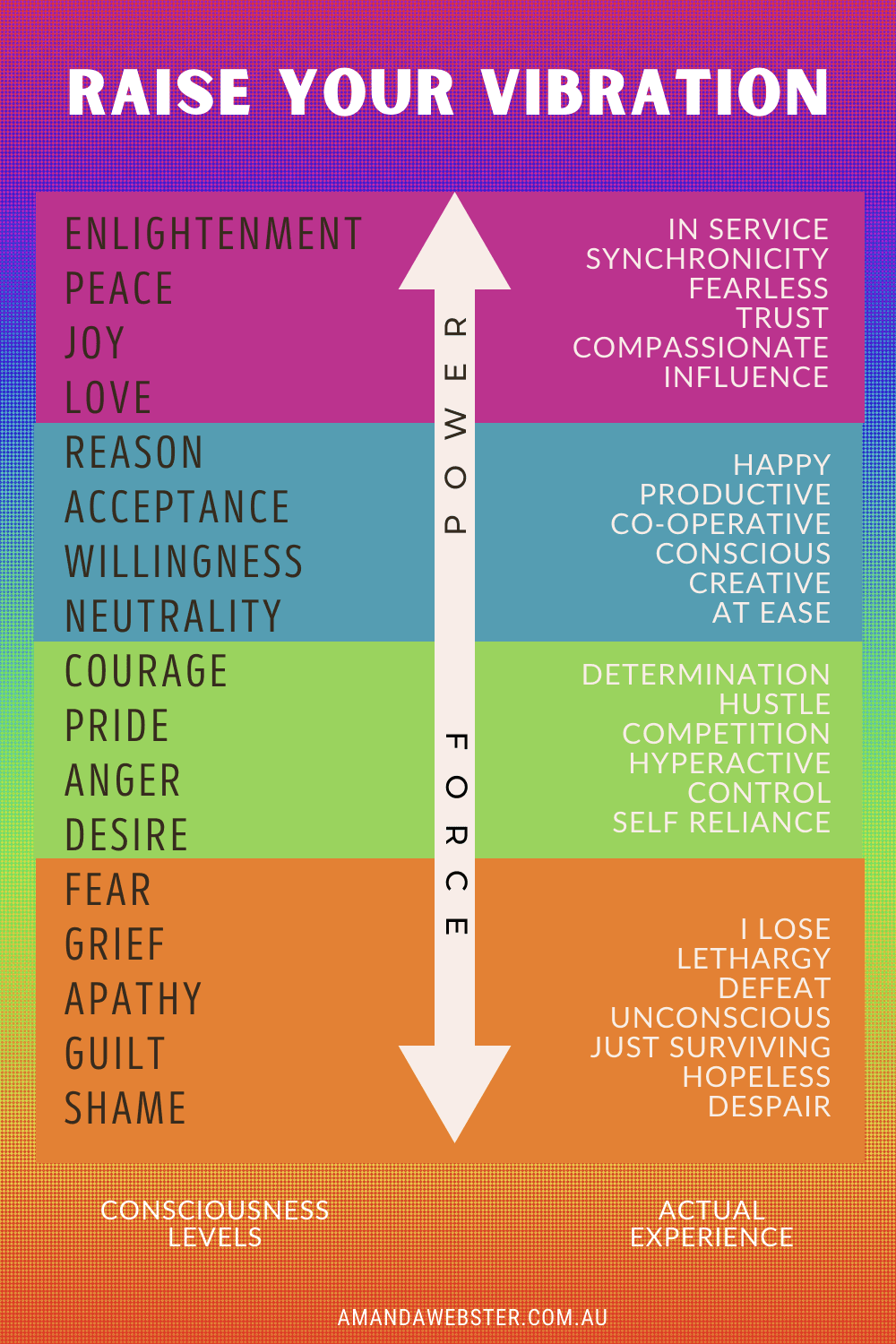
Key Aspects of Grief and Shame and Their Emotional Effects
Self-Perception of Flaws (Shame)
Shame leads individuals to internalize their perceived failures or mistakes, seeing them as a reflection of their entire being rather than just isolated incidents. This internalization creates a pervasive sense of inadequacy and worthlessness.
Intense Sadness and Mourning (Grief)
Grief involves deep sadness and a sense of mourning over a loss. It can cause emotional pain and suffering, making it challenging to move forward.
Fear of Judgment and Rejection (Shame)
People who feel shame often fear being judged, rejected, or humiliated by others. This fear can lead to a desire to hide or withdraw from social interactions, contributing to feelings of isolation and loneliness.
Physical and Emotional Exhaustion (Grief)
Grief can cause physical and emotional exhaustion, leaving individuals feeling drained and unable to engage in daily activities.
Physical Sensations
Both shame and grief can manifest physically. Shame might cause sensations like a sinking feeling in the stomach, blushing, sweating, or a desire to curl up or hide. Grief might cause heaviness in the chest, crying, fatigue, or a sense of emptiness.
Behavioral Responses
To cope with shame, individuals may engage in behaviors such as avoiding eye contact, withdrawing from others, or striving for perfection. Grieving individuals might withdraw, seek solitude, or have difficulty concentrating.
Low self-esteem and self-worth (Shame)
Shame can severely damage a person's self-esteem, leading to a persistent sense of inadequacy and worthlessness. Grief can also affect self-esteem, especially if the loss involves feelings of guilt or regret.
Anxiety and Depression
Both shame and grief can contribute to the development of anxiety and depression. The constant fear of being judged or ridiculed can create ongoing stress, while the sadness and sense of loss from grief can lead to depressive thoughts.
Anger and Resentment
Feeling shamed or experiencing grief can lead to anger and resentment, either directed at oneself or others. Individuals may feel angry for being unfairly judged or resentful towards those who shamed them or the circumstances that caused their loss.
Impaired Relationships
Shame and grief can negatively affect relationships, making it difficult to trust and be intimate with others. The fear of rejection and judgment from shame, or the withdrawal and sadness from grief, can create barriers to forming and maintaining healthy relationships.
Perfectionism and Avoidance (Shame)
In an attempt to avoid further shame, some individuals may develop perfectionistic tendencies. Grieving individuals might engage in avoidance behaviors to escape the pain of their loss.
I have experienced pretty much all of the above; now I don't feel shame as much.
The Concept of Frequency and Emotions
David R. Hawkins, MD, PhD, was a renowned psychiatrist, spiritual teacher, and author known for his work on consciousness and spiritual growth. With over 50 years of psychiatric practice, including a large practice in New York City, he made significant contributions to the field.
One of his key contributions is the "Map of Consciousness," a scale from 0 to 1000 that categorizes human emotions and states of consciousness. Higher levels on this scale correspond to greater truth and positive energy, while lower levels correspond to negative emotions and lower energy. Hawkins used "muscle testing" or applied kinesiology to calibrate these levels, based on research conducted over 20 years with millions of calibrations on thousands of diverse test subjects.
Hawkins introduced the Map of Consciousness and the concept of the frequency of emotions in his book Power vs. Force: The Hidden Determinants of Human Behavior.
Emotions vibrate at different frequencies. Positive emotions such as love, joy, and peace have higher frequencies, promoting health and well-being. Negative emotions like shame, grief, guilt, and fear have lower frequencies, which are believed to contribute to disease and imbalance. Shame and grief, being low-frequency emotions, can significantly affect the body.
Shame is at the bottom of the scale, calibrated at 20, making it the lowest vibrational state, the closest to physical death, with its vibration being 0.
Grief is calibrated at 75.
Fear is at 100.
Love calibrates at 500.
Peace is at 600.
Enlightenment ranges from 700 to 1000.
According to Hawkins, raising one's level of consciousness can lead to improved health, greater happiness, and spiritual development. The goal is to move from lower-frequency emotions like shame and grief to higher-frequency states such as love and peace.

Lower Energy Levels
The low vibrational frequency of shame and grief can lead to feelings of heaviness or lethargy. People may experience chronic fatigue or a lack of motivation.
Negative Impact on Health
Prolonged exposure to low-frequency emotions like shame and grief can weaken the immune system, making the body more susceptible to illness and disease.
Emotional Effects
The low frequency of shame and grief can perpetuate a cycle of negative thinking and self-criticism, exacerbating mental health issues like depression and anxiety.
Physical Manifestations
Emotions like shame and grief can manifest physically in various ways, such as muscle tension, headaches, digestive issues, and other stress-related symptoms.
If you haven't read part 1 in this series, you can read the blog post below:
- Part 1 - From Nothingness to Feeling Alive Healing Grief and Shame
- See Part 3 - 16 Suggestions to Help You Address and Overcome Shame and Grief
AFFILIATE DISCLAIMER: I’m a proud affiliate for some of these tools and products that are suggested on this page and throughout my site. If you click on a product and make a purchase, I may earn a small commission at no extra cost to you. My recommendations are based on knowledge and experience and I recommend them because they are genuinely useful, not because of the small commission I may receive |






